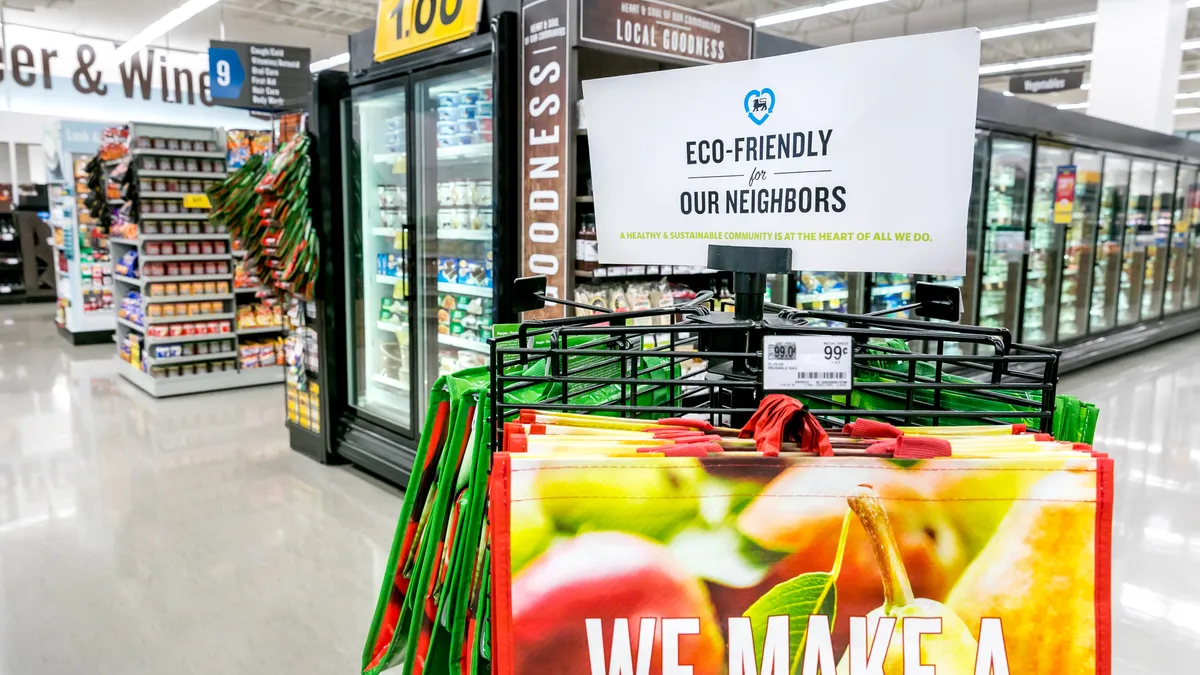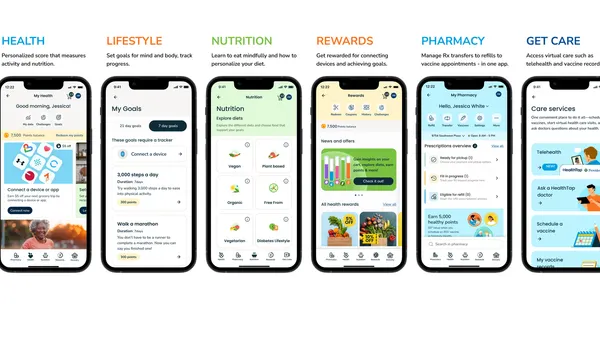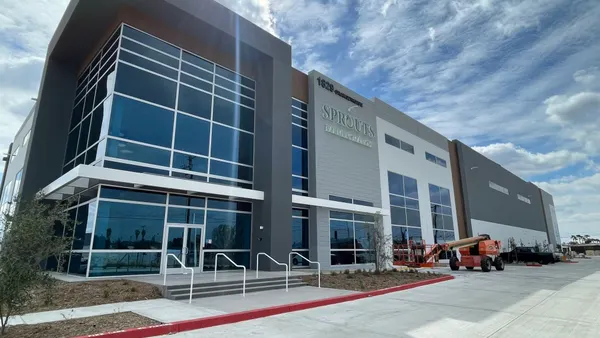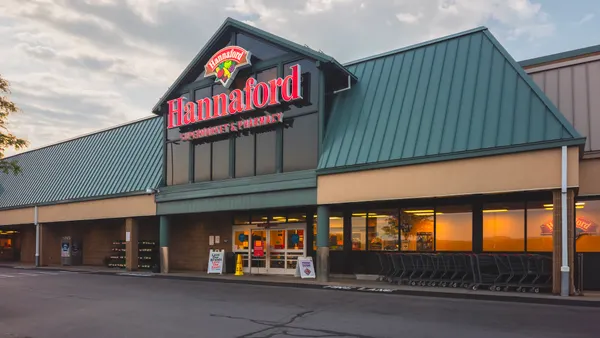Dive Brief:
- Ahold Delhaize said last week it’s accelerating its goal of reaching net-zero carbon emissions across its own operations by 2040 — 10 years earlier than previously targeted — and becoming a net-zero business across its entire supply chain, products and services by 2050.
- The Dutch grocery company has also joined the Business Ambition for 1.5°C, a global coalition of United Nation agencies and business and industry leaders.
- As Ahold Delhaize speeds up its sustainability efforts, it’s focusing not just on environmental impacts but also on boosting better-for-you food, noting “the health crisis and the climate crisis are inextricably linked.”
Dive Insight:
Ahold Delhaize's efforts to move up its carbon emissions targets builds on the grocer's work to tackle climate change in a myriad of ways, including cutting food waste, making private label packaging more sustainable and improving the nutritional quality of its products.
Reaching net-zero will mean Ahold Delhaize has achieved balance between the amount of greenhouse gas produced and the amount removed from the atmosphere.
More than half of its carbon emissions come from energy consumption, while more than one-third comes from refrigeration systems and less than 10% from transportation, the company said in its announcement.
As it looks to slash its emissions, the company has taken several steps, including replacing or retrofitting refrigeration systems with lower greenhouse gas alternatives, ramping up its renewable energy goals and switching to low carbon heating. To make its stores more energy efficient, the company is installing LED lighting, adding doors to refrigerators and improving insulation.
For its goal of becoming a net-zero business by 2050, Ahold Delhaize said agriculture is the biggest opportunity to reduce indirect carbon emissions. The company is looking to incentivize farmers to make climate-friendly changes by offering longer term contracts and co-investments. The grocery company said it plans to release within a year a detailed plan for slashing indirect emissions.
In the announcement, CEO Frans Muller pointed to its upgraded ESG score in September from investment firm MSCI, which awarded the company an “AA” rating after having an “A” rating for the past five years.
As Ahold Delhaize ramps up its sustainability efforts, it's also gaining more control over its supply chain. In the U.S., the company is transitioning procurement facilities over to its network, with the goal of having more than 85% of its U.S. supply chain be company-owned by the end of 2022. ADUSA Supply Chain, the Netherlands-based retailer’s U.S. distribution arm, aims to become a fully self-distributed network in 2023.












